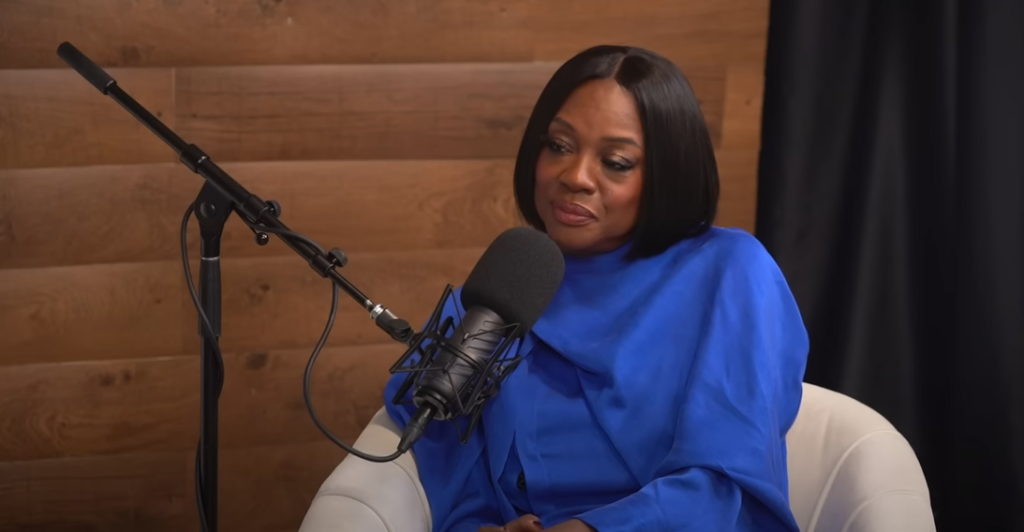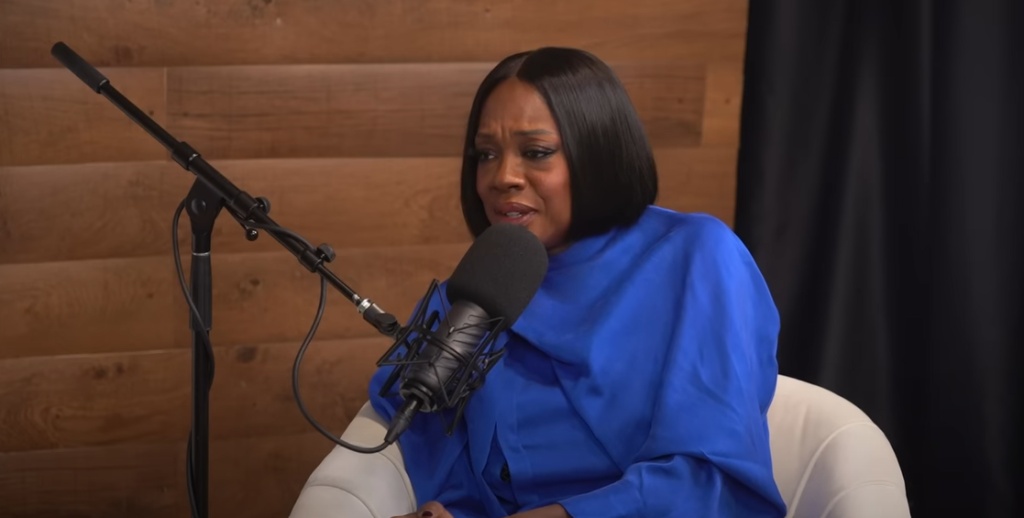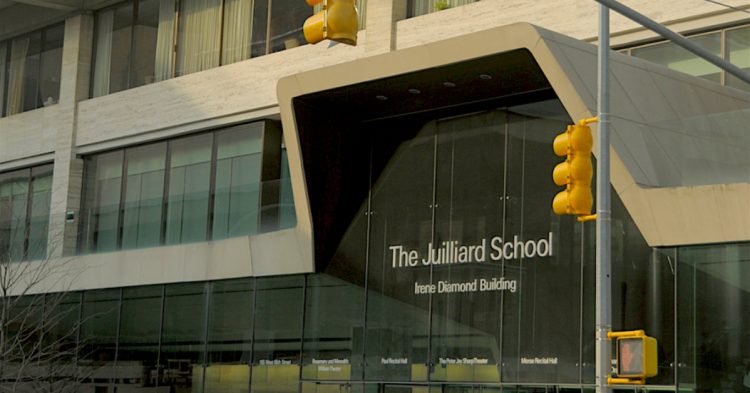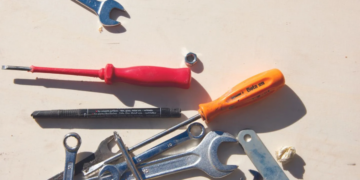Actress and Academy Award winner Viola Davis has opened up about her formal acting education at the prestigious performing arts school Juilliard, saying that she had to meet a white standard in each performance in order to succeed.
She spoke with Sam Fragoso

Appearing on an episode of the Talk Easy with Sam Fragoso podcast, Davis shared insight into her journey to stardom and what it took to get where she is today.
At one point in the conversation, Fragoso asked her, “In Juilliard, what was the purpose of their training? Are they shaping you into a good actress or a perfect White actress?”
Davis’ response was definitive

“Definitely a perfect White actress,” Viola answered.
“What it looks like…it’s technical training in order to deal with the classics — the Strindbergs, and the O’Neills, and the Chekhovs, and the Shakespeare. I totally understand that, to get your voice…everything. But what it denies is the human being behind all of that.”
She felt she was expected to do white work
Davis went on, “I feel that as a Black actress, I’m always being tasked to show that I have range, by doing white work. So, if I can master Blanche DuBois in Tennessee Williams’s A Streetcar Named Desire — I can do the best I can with Tennessee Williams, but he writes for fragile, white women. Beautiful work, but it’s not me.”
Viola also criticized the lack of works by Black authors

The award winning star went on to share that she was never taught classic works by Black writers in Juilliard, which meant that her White peers didn’t either. This lack of inclusion in the teaching resources felt like a disservice to her.
She also pointed out that while she was expected to perfect White characters, her White classmates weren’t expected to perfect Black characters.
She couldn’t resonate with that system
Davis continued, “So for those four years at Juilliard, all those white actors have to do is play all white characters. That’s not me. Me, I’m tasked to only do the classics, and no Black writer is included in those classics.”
Viola admitted she was worried she wouldn’t be enough
The How to Get Away with Murder actress went on, “Then, once I leave Juilliard, guess what? Most of what I’ll be asked to do are Black characters, which people will not feel I am Black enough. So then I’m caught in a quagmire, this sort of in between place, of sort of not understanding how to use myself as the canvas.”
She couldn’t be her true self at Juilliard
Davis admitted that despite being grateful for everything she learnt at the performing arts school, she eventually realized she couldn’t be her true self there.
“Juilliard was an out of body experience because once again I did not think that I could use me. Me needed to be left at the front door, even though me was what got me in there,” she said.
Davis continues to break barriers
Although she didn’t feel represented at her own school, Davis is now an award winning actress with four major entertainment awards (EGOT) having won an Academy Award, an Emmy, a Grammy, and two Tony Awards.


















































